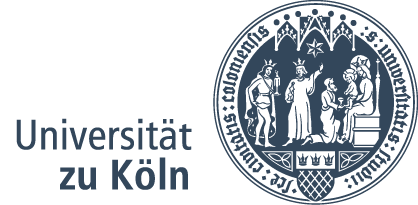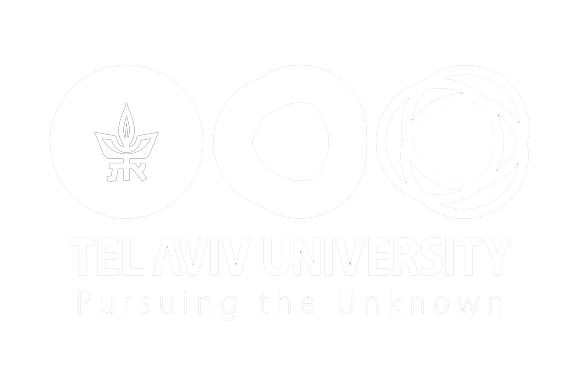de
Personen
Oliver Genschow
Publications (selection)
2023
Genschow, O., Cracco, E., Schneider, J., Protzko, J., Wisniewski, D., Brass, M., & Schooler, J. W. (2023).
"Manipulating Belief in Free Will and Its Downstream Consequences: A Meta-Analysis." Personality and Social Psychology Review, 27(1), 52–82.2022
Casara, B. G. S., Martinez-Conde, S., Dolinski, D., Suitner, C., Genschow, O., Muniak, P., & Kulesza, W. (2022).
"Trust in Scientists, Risk Perception, Conspiratorial Beliefs, and Unrealistic Optimism: A Network Approach to Investigating the Psychological Underpinnings of COVID-19 Vaccination Intentions." Social Psychological Bulletin, 17, 1–22.Genschow, O., Westfal, M., Cracco, E., & Crusius, J. (2022).
"Group Membership Does Not Modulate Automatic Imitation." Psychological Research, 86(3), 780–791.Genschow, O., & Lange, J. (2022).
"Belief in Free Will Is Related to Internal Attribution in Self-Perception." Social Psychological and Personality Science, 13(8), 1259–1268.Hansen, J., & Genschow, O. (2020).
"Psychological Distance and Imitation." Social and Personality Psychology Compass, 14(11).2021
De Souter, L., Braem, S., Genschow, O., Brass, M., & Cracco, E. (2021).
"Social Group Membership Does Not Modulate Automatic Imitation in a Contrastive Multi-Agent Paradigm." Quarterly Journal of Experimental Psychology, 74(4), 746–759.Genschow, O., Cracco, E., Verbeke, P., Westfal, M., & Crusius, J. (2021).
"A Direct Test of the Similarity Assumption—Focusing on Differences as Compared with Similarities Decreases Automatic Imitation." Cognition, 215, 104824.Genschow, O., Westfal, M., Crusius, J., Bartosch, L., Feikes, K. I., Pallasch, N., & Wozniak, M. (2021).
"Does Social Psychology Persist Over Half a Century? A Direct Replication of Cialdini Et Al.’s (1975) Classic Door-in-the-Face Technique." Journal of Personality and Social Psychology, 120(2), e1–e7.Genschow, O., & Vehlow, B. (2021).
"Free to Blame? Belief in Free Will Is Related to Victim Blaming." Consciousness and Cognition, 88, 103074.Genschow, O., Hawickhorst, H., Rigoni, D., Aschermann, E., & Brass, M. (2021).
"Professional Judges’ Disbelief in Free Will Does Not Decrease Punishment." Social Psychological and Personality Science, 12(3), 357–362.Genschow, O., & Groß-Bölting, J. (2021).
"The Role of Attention in Anticipated Action Effects." Journal of Experimental Psychology: Human Perception and Performance, 47(3), 323–330.Schneider, I. K., Novin, S., Harreveld, F., & Genschow, O. (2021).
"Benefits of Being Ambivalent: The Relationship Between Trait Ambivalence and Attribution Biases." British Journal of Social Psychology, 60(2), 570–586.Westfal, M., Crusius, J., & Genschow, O. (2021).
"Imitation and Interindividual Differences: Belief in Free Will Is Not Related to Automatic Imitation." Acta Psychologica, 219, 103374.2020
Fini, C., Verbeke, P., Sieber, S., Moors, A., Brass, M. & Genschow, O. (2020).
"The Influence of Threat on Perceived Spatial Distance to Out-Group Members". Psychological research, 84, 757-764.Genschow, O. & Alves, H. (2020).
"The Submissive Chameleon: Third-Party Inferences From Observing Mimicry." Journal of Experimental Social Psychology, 88, 103966.Hütter, M., & Genschow, O. (202).
"What Is Learned in Aapproach-Avoidance Tasks? On the Scope and Generalizability of Approach-Avoidance Effects.” Journal of Experimental Psychology: General, 149(8), 1460–1476.2019
Genschow, O., Hansen, J., Wänke, M. & Trope, Y. (2019).
"Psychological Distance Modulates Goal-Based Versus Movement-Based Imitation." Journal of Experimental Psychology: Human Perception and Performance, 45(8), 1031.Genschow, O., Rigoni, D. & Brass, M. (2019).
"The Hand of God or the Hand of Maradona? Believing in Free Will Increases Perceived Intentionality of Others’ Behavior." Consciousness and Cognition, 70, 80-87.Genschow, O., Bardi, L., Rigoni, D., Uzieblo, K. & Brass, M. (2019).
"How Do Individuals High in Psychopathic Traits Represent Others’ Beliefs and Actions?"Genschow, O., Schuler, J., Cracco, E., Brass, M., & Wänke, M. (2019).
"The Effect of Money Priming on Self-Focus in the Imitation-Inhibition Task: A Registered Report." Experimental Psychology, 66(6), 423–436.2018
Cracco, E., Bardi, L., Desmet, C., Genschow, O., Rigoni, D., De Coster, L., Radkova, I. Deschrijver, E. & Brass, M. (2018).
"Automatic Imitation: A Meta-Analysis." Psychological Bulletin, 144(5), 453–500.Cracco, E., Genschow, O., Radkova, I. & Brass, M. (2018).
"Automatic Imitation of Pro- and Antisocial Gestures: Is Implicit Social Behavior Censored?" Cognition, 170, 179–189.Genschow, O, Bardi, L. & Brass, M. (2018).
"Anticipating Actions and Corticospinal Excitability: A Preregistered Motor TMS Experiment. Cortex, 106, 81–92.Genschow, O., Klomfar, d’Haene, I. & Brass, M. (2018).
"Mimicking and Anticipating Others’ Actions is Linked to Social Information Processing." PLOS ONE, 13(3), e0193743.2017
Genschow, O., Demanet, J., Hersche, L. & Brass, M. (2017).
"An Empirical Comparison of Different Implicit Measures to Predict Consumer Choice." PLOS ONE, 12, e0183937.Genschow, O., van Den Bossche, S., Cracco, E., Bardi, L., Rigoni, D. & Brass, M., (2017).
"Mimicry and Automatic Imitation Are Not Correlated." PLOS ONE, 12, e0183784.Genschow, O., Rigoni, D. & Brass, M. (2017).
"Belief in Free Will Affects Causal Attributions When Judging Others’ Behavior." Proceedings of the National Academy of Sciences, 114(38), 10071-10076.Pressemitteilungen
Das Onlinemagazin In-Mind wird von der Deutschen Psychologischen Gesellschaft (DGPs) mit dem Preis für die Förderung der Psychologie ausgezeichnet. In-Mind …
In den Medien
Psychology Today, 01.06.2021 | Susan Krauss Whitbourne
„Being chronically ambivalent may seem to be a maladaptive if not irritating quality. […] As pointed out in a new study by University of Cologne’s Iris Schneider and colleagues (2021), “Ambivalence is at the heart of many topics that people care deeply about.” […] Although ambivalence usually has negative connotations, Schneider and her fellow researchers propose that there can be some concrete benefits. […] [A]s the authors predicted, people higher in ambivalence were less likely to fall prey to […] attributional bias. […] Reflecting on their findings, the authors suggest that the reason ambivalent people are less prey to bias is that “ambivalence leads to broader processing and incorporation of diverse perspectives.”“Link zum Artikel: https://www.psychologytoday.com/us/blog/fulfillment-any-age/202106/the-surprising-benefits-being-ambivalent
In-Mind, 16.03.2020 | Oliver Genschow
„In Zeiten der Coronavirus-Krise haben Hamsterkäufe Hochkonjunktur. […] Zwei psychologische Prinzipien können dieses Kaufverhalten gut erklären. Das Prinzip der Knappheit […] [und] das Prinzip der selbsterfüllenden Prophezeiungen.“Link zum Artikel: https://de.in-mind.org/blog/post/corona-krise-warum-taetigen-menschen-hamsterkaeufe
The Inquisitive Mind, 01.01.2018 | Jan Crusius & Oliver Genschow
„Kann man der psychologischen Forschung noch vertrauen? In-Mind unterhielt sich mit Daniel Lakens und Klaus Fiedler – zwei der prominentesten Stimmen in der Debatte darüber, wie die psychologische Wissenschaft verbessert werden kann. In diesem Interview offenbaren sie ihren persönlichen Blick zur aktuellen Lage der psychologischen Forschung, wie sich die Psychologie verändert hat und wie sie es in Zukunft tun sollte. Sie beschreiben, warum sie sich in der Debatte engagieren und wie sich diese auf ihre eigene Arbeit ausgewirkt hat.“Link zum Artikel: http://de.in-mind.org/article/wir-sind-bereit-voranzuschreiten-ein-interview-mit-daniel-lakens-und-klaus-fiedler-ueber-die



